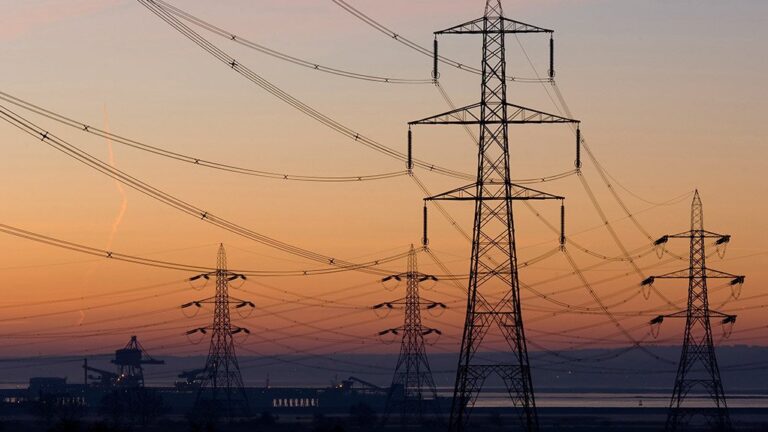
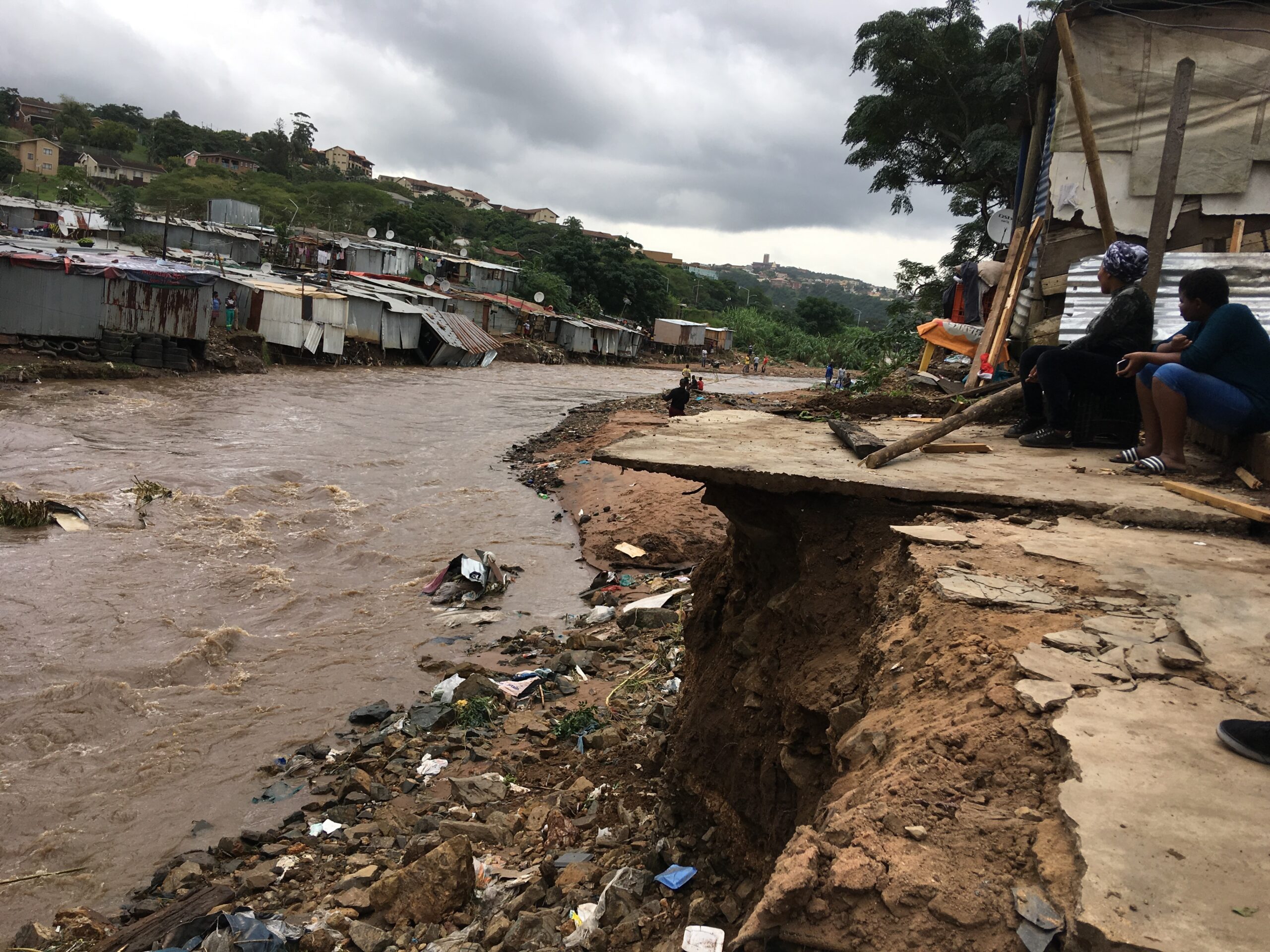

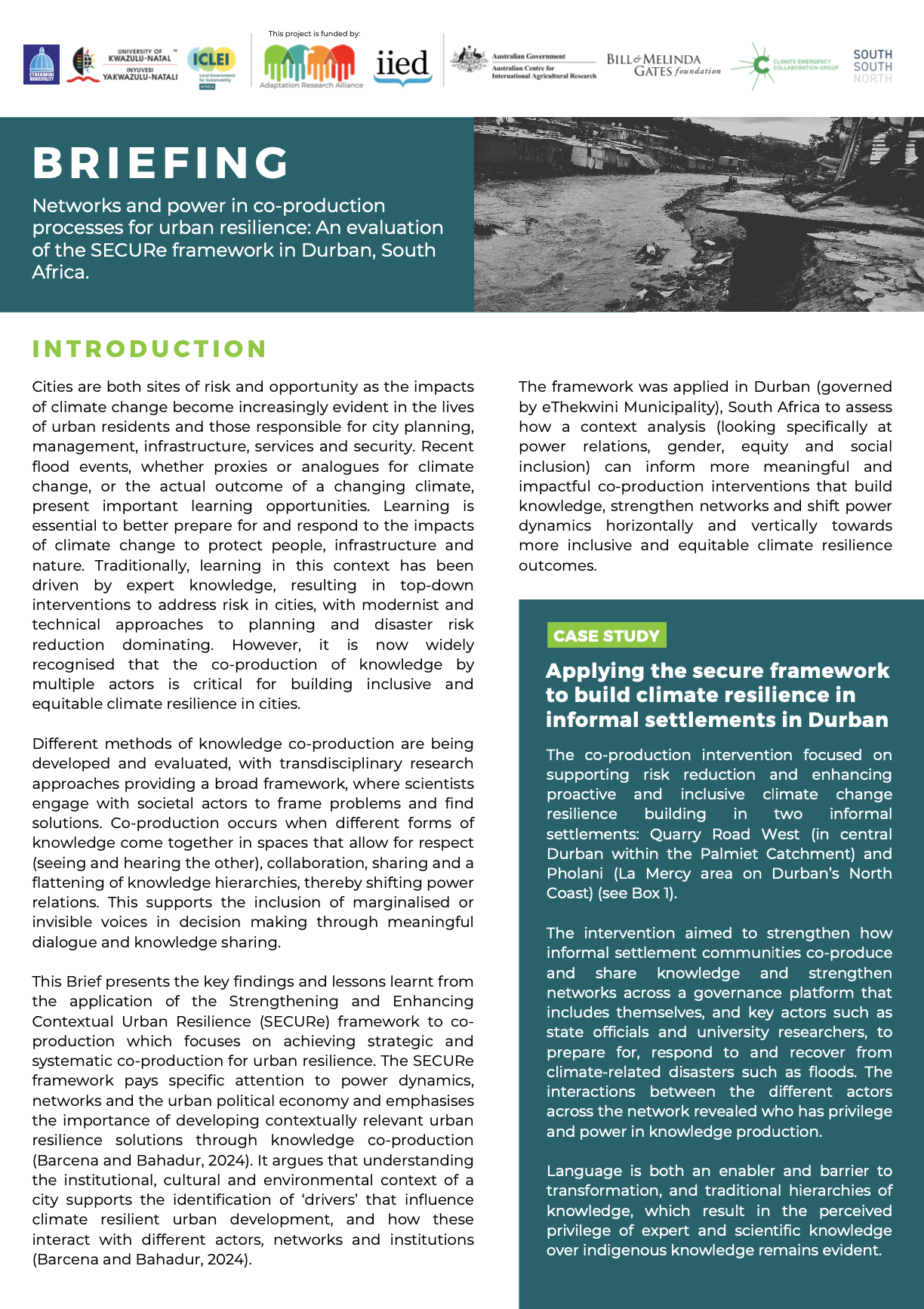
Download:
Related ICLEI Pathway(s)
About
Resource summary
Cities are both sites of risk and opportunity as the impacts of climate change become increasingly evident in the lives of urban residents and those responsible for city planning, management, infrastructure, services and security. Recent flood events, whether proxies or analogues for climate change, or the actual outcome of a changing climate, present important learning opportunities. Learning is essential to better prepare for and respond to the impacts of climate change to protect people, infrastructure and nature. Traditionally, learning in this context has been driven by expert knowledge, resulting in top-down interventions to address risk in cities, with modernist and technical approaches to planning and disaster risk reduction dominating. However, it is now widely recognised that the co-production of knowledge by multiple actors is critical for building inclusive and equitable climate resilience in cities.
Related resources
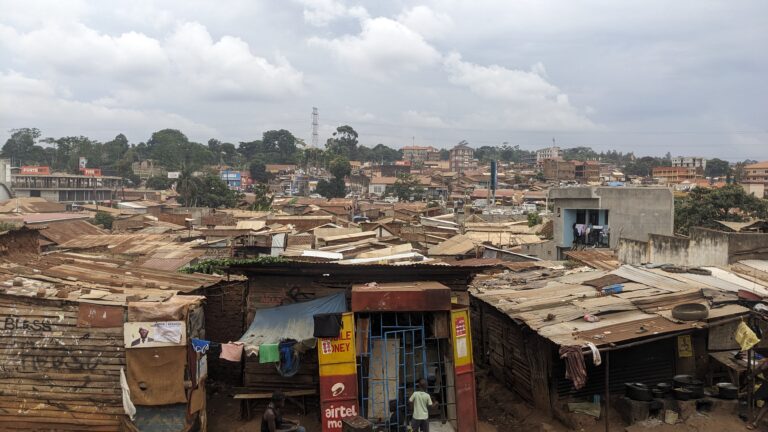
Understanding household access to cooking energy in informal Kampala
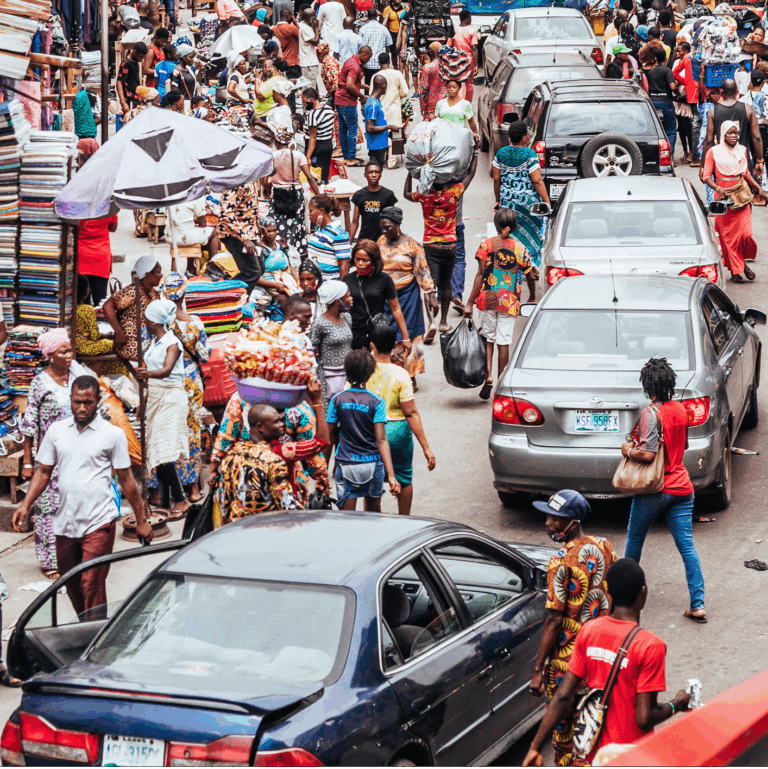
RISE Africa report 2025
